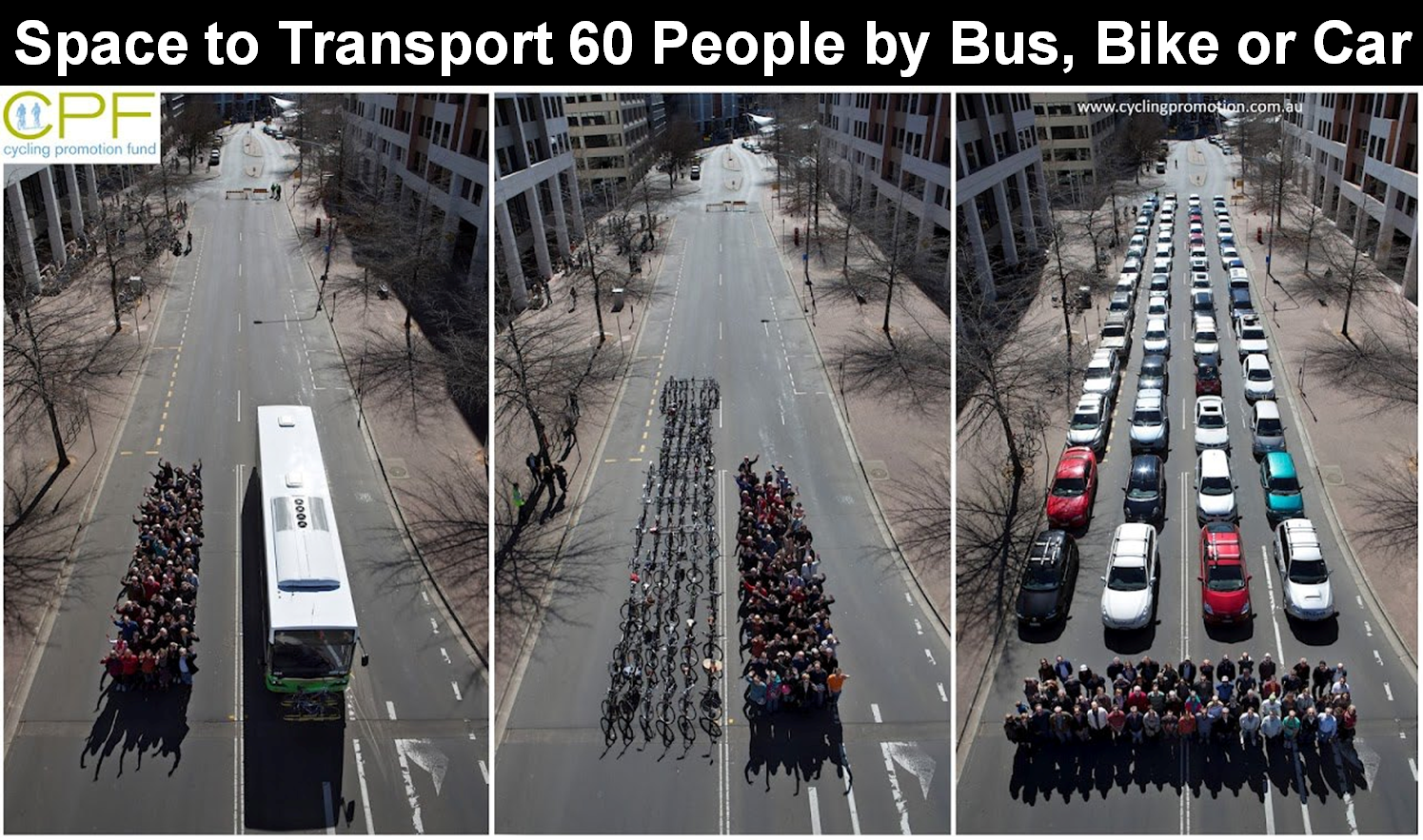Diesel trains running an infrequent service on rural routes which are lightly used is most definitely not efficient. Now, of course, there is scope to improve efficiency on all such routes. But there's still often not a large travel market, and there is a need for capital spending to get there.
Not efficient compared to more efficient mainlines but if you say compared that efficiency to the dominant mode of transportation, efficiency, can be measured in overall space consumed per person, for the journey, or the amount of carbon per person, or even the measure of energy it takes to move that person, even the even the most inefficient railway is far more efficiant than road. Even if that railway is running more inefficiently than road, it's mere existance is a foot in the door for it to be invested in and run more efficiently, closing it removes that, leaving communities chained to the corpse of road transport.
Microplastic producing tyres are hardly in the same league as the current climate related issues.
And chosing a car over a train that will be expensive, slow and powered by ancient diesel engines makes perfect sense to the population.
Did you read my statement about battery power, and before you re-iterate my statement about electric car lithium batteries, let us compare the amount of lithium per person on a train vs the amount of lithium used per person in a car. It's all about economies of scale. Microplastic producing tires aren't key to the current climate issues but they're very much part of it. Which is how the climate crisis came about in the first place, lots of little things, just one more chimney here, just another road building scheme there.
"A small increase in car and lorry traffic"

